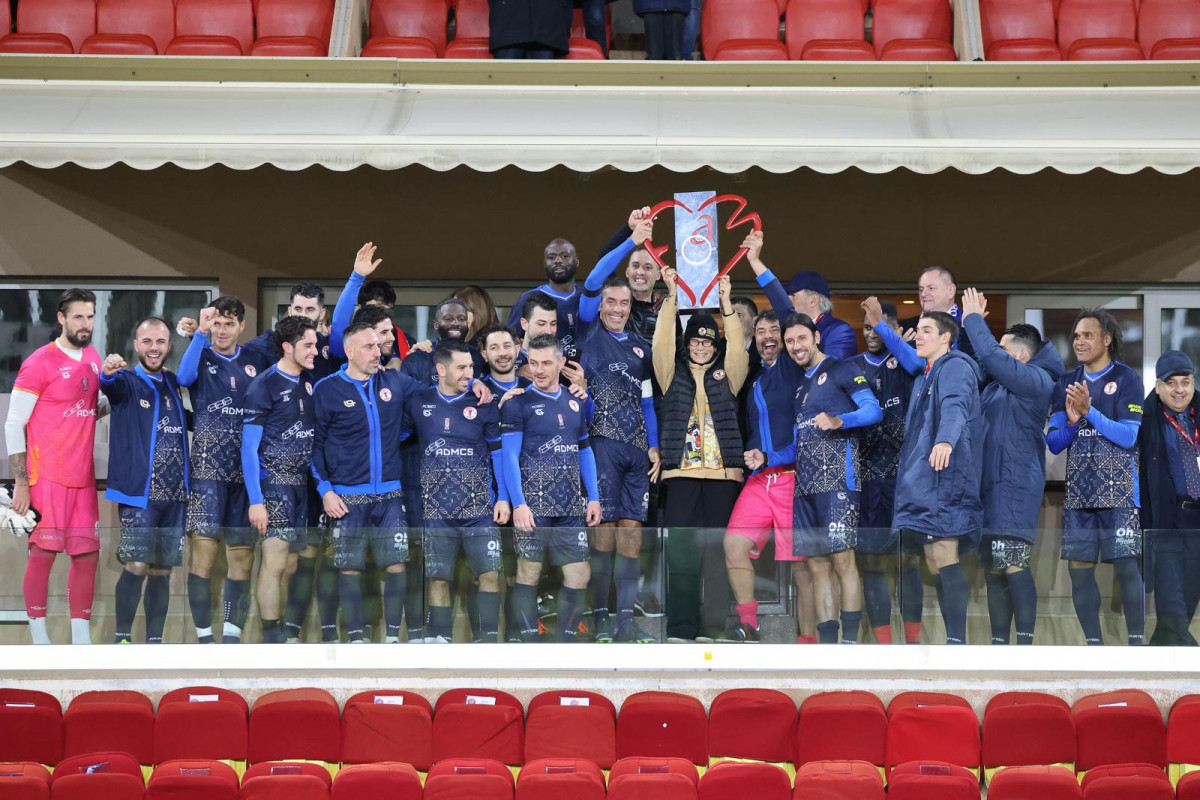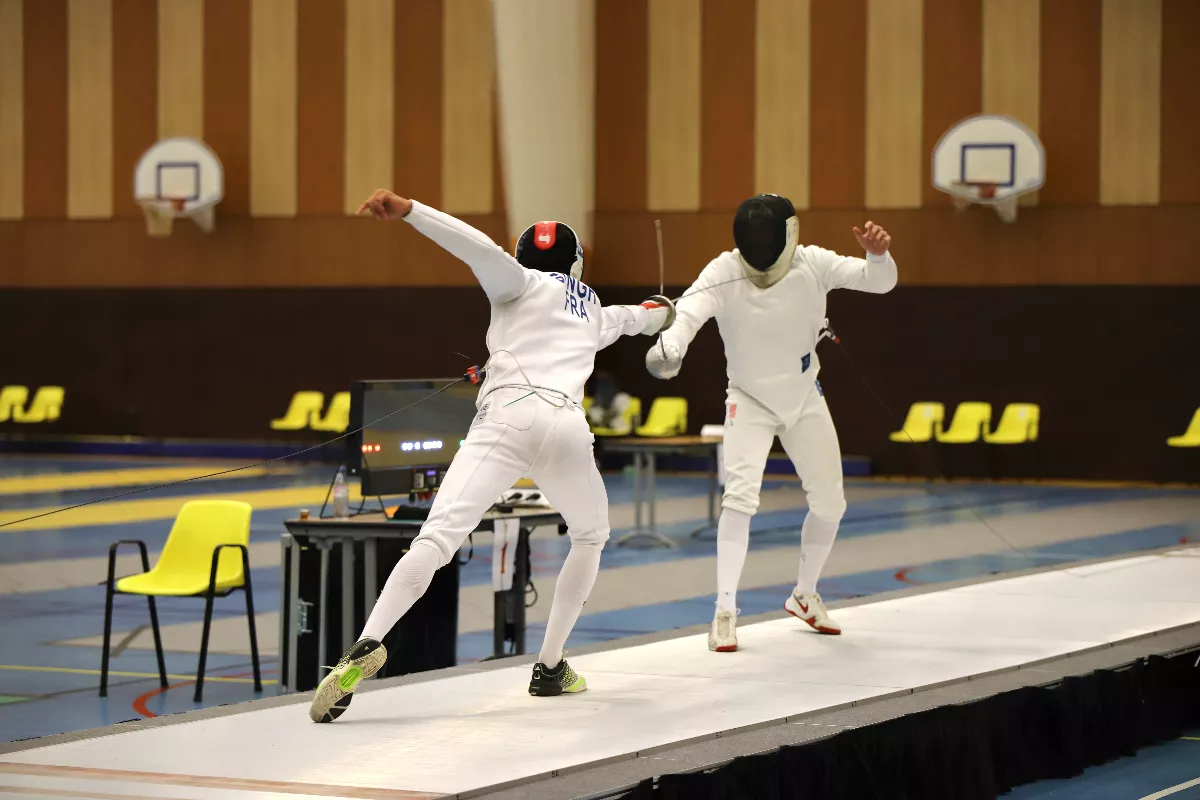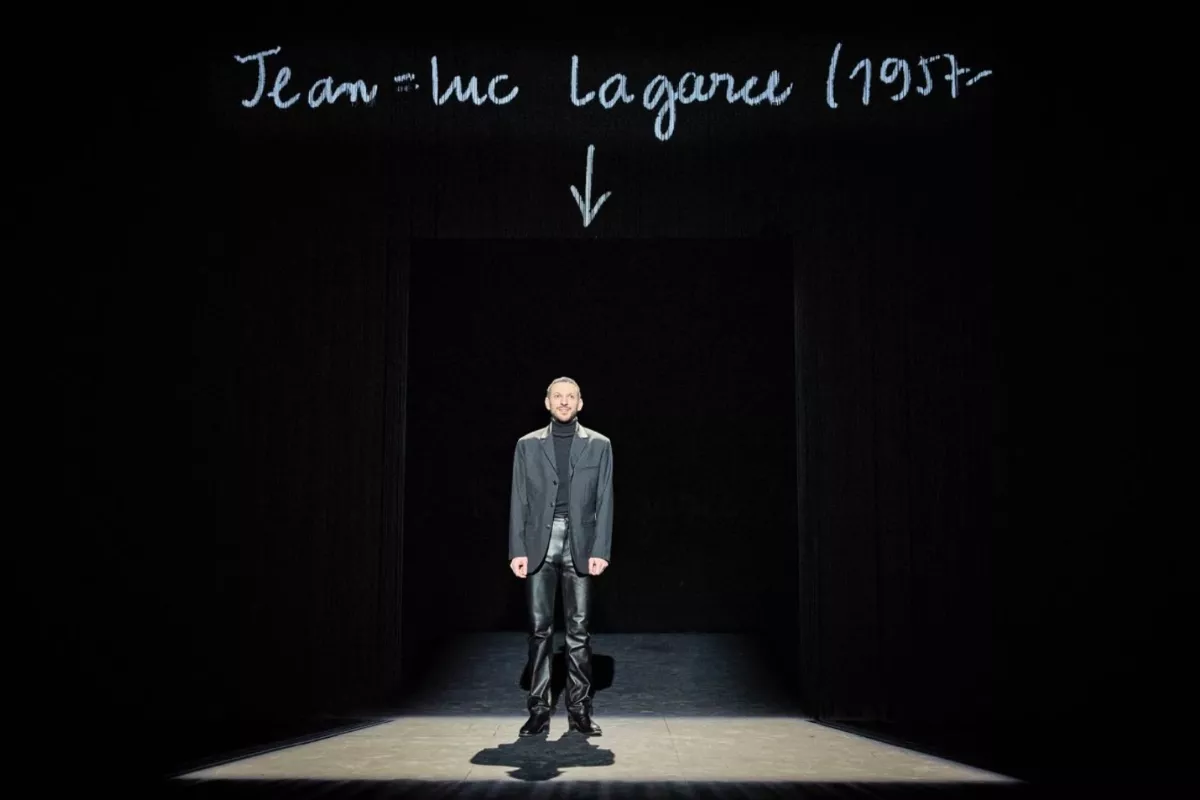Monaco’s Stade Louis II is prepping to once again host the Fight Aids Cup on Saturday January 24th, bringing together some of football’s biggest names for the annual charity match.
The event, set to kick off at 3:30pm, sees the Barbagiuans take on Cirque FC in support of Fight Aids Monaco, the association founded and chaired by Princess Stéphanie for over two decades ago. Running alongside the Monte-Carlo International Circus Festival, the match combines sport, fun and charitable giving.
This year’s line-up features recently retired Belgian international Eden Hazard making his debut appearance, alongside French striker Bafétimbi Gomis and regulars Robert Pirès and Ludovic Giuly. Clarence Seedorf, Christian Karembeu and Youri Djorkaeff will also take to the pitch.
Leading Cirque FC will be Ukrainian legend Andriy Shevchenko, the 2004 Ballon d’Or winner and 2003 Champions League victor with AC Milan.
“I was invited by the Princely Family to take part in this major event,” said Shevchenko. “It is a true honour to support them in their efforts to raise awareness in the fight against HIV and to help people in need. Representing the team of Princess Stéphanie is a great source of pride.”
This edition also features a strong Italian influence within Cirque FC’s squad, aimed at strengthening ties between the circus festival and Italian audiences.
A growing movement beyond Monaco
The Barbagiuans, initially composed exclusively of former Monaco players, reached a new milestone in 2025, by welcoming major international names. President Louis Ducruet, who is the captain, sees this evolution as key to the team’s mission.
“We can be proud to see, event after event, how the squad continues to grow and how the values embodied by the Barbagiuans resonate with players beyond Monaco,” said Ducruet, approaching his sixth year as president. “The upcoming Fight AIDS Cup will help strengthen our approach to integrating new members into the great Barbagiuans family.”
On the pitch, there is genuine rivalry to address, with the record standing up until now at four victories for Cirque FC and just one for the Barbagiuans across the first five editions.
“We tasted victory in 2022, and I must say it was a wonderful memory,” Ducruet said. “With so many legends on the field, high-level habits return as soon as the match kicks off, and there is a real game to be played—one everyone wants to win.”
Shevchenko, while feeling equally competitive, highlighted what truly matters: “The real victory does not lie in the final score, but in the funds raised for a worthy cause.”
A million euro milestone
Through five editions and other initiatives, the Barbagiuans have surpassed one million euros donated to Fights Aids Monaco, making them the association’s leading donor.
“The Fight Aids Cup represents far more than just a sporting event; it embodies a faithful and sincere commitment, carried by an entire community—that of the Barbagiuans,” said Christophe Glasser, director of Fight Aids Monaco. “The regular presence of football legends demonstrates their unwavering support for the cause we defend.”
Glasser also praised Ducruet’s leadership, noting that the January tradition offers “support that goes beyond the financial aspect. It is moral, symbolic and human. It strengthens our actions and reminds us how collective commitment can have a concrete and lasting impact.”
Tickets for the match cost €10 for the general public and €5 for children from 12-16 years old. Children under 12 and holders of tickets for the Monte-Carlo International Circus Festival, which runs concurrently, can attend for free. Ticket reservations can be made at: billetterie.asmonaco.com
The match will also be broadcast live on TV Monaco’s website and YouTube channel at 3:30pm, allowing supporters worldwide to follow the event.
Stay updated with Monaco Life: sign up for our free newsletter, catch our podcast on Spotify, and follow us across Facebook, Instagram, LinkedIn, and Tik Tok.
Main photo by Monaco Life





